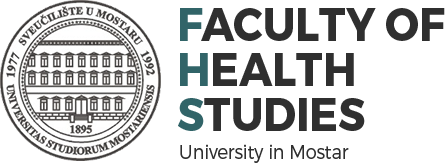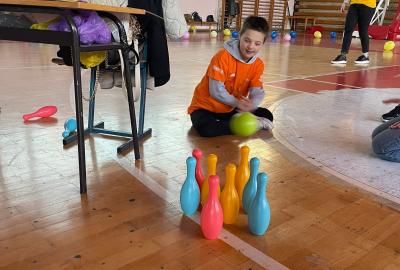In our curricula of university undergraduate studies that have been adopted by the Senate of the University students are provided with the opportunity to continue their education at the graduate level (II cycle) in a form of a master's degree or specialization.
The transition from Bachelor to the Master level was defined at the Helsinki Conference (March 2003) where the following was stated: “Admission to Master programs usually requires owning a Bachelor title acquired at an academically recognized higher education institution. Bachelor's and Master's vocational qualifications should have differently defined outcomes and should be assigned at different levels.” (Conference on Master-level degrees, Helsinki 14-15 March 2003, Conclusions and Recommendations, p.5.)
The most common form applied in Europe is 180 points for Bachelor’s plus 120 points for a Master’s title. However some programs may be continuous education of 300 ECTS points.
Continuous or lifelong learning, adoption of latest and renewed knowledge enables constant monitoring and recognition of health care priorities in the country and beyond. Education and practice are closely connected and strongly influence each other.
The World Health Organization (WHO) for decades includes nurses in the process of improving and preserving health. (Declaration Alma Ata 1978, World Health Assembly Resolution, WHA 42,27-1989, WHA45,5-1992, WHA 49,1-1996).
WHO Recommendations (Health 21 Copenhagen, 1998) require nurses not only to be carriers of health care and rehabilitation of patients, with the aim of meeting all their needs and the highest possible level of independence but also the implementation of primary and secondary prevention of disease.
In the European Union, the care for the community is growing as well as individual responsibility for one’s health. Health care at the hospital is generally reserved for acute diseases which requires the use of complex skills by physicians and nurses with the application of highly sophisticated technology. Afterwards, the aim is to assure the implementation of continuous health care after discharge from the hospital.
The education of nurses should qualify them for work in a multi-professional and multidisciplinary healthcare team as well as independent decision making and assumption of responsibility for such decisions.
Master education of nurses is an appropriate level of education for nurses who perform advanced health care skills and organize the process of health care.
A nurse with a Master’s degree is a hospital expert but is also capable of being a part of the nursing curriculum as a lecturer.
However, the primary focus of the graduate study should be the hospital role of the nurse. Elements such as the management process of care and educational theory and methods are an important element, but only nurses who are experts in advanced clinical skills can apply them.





































